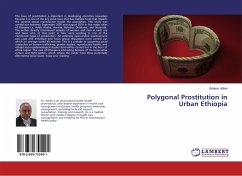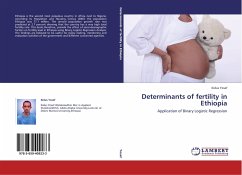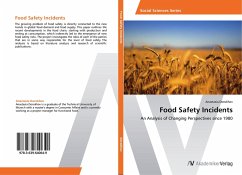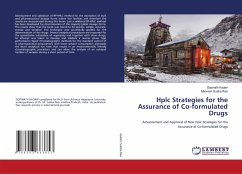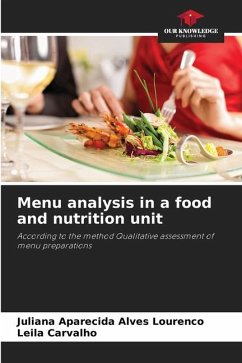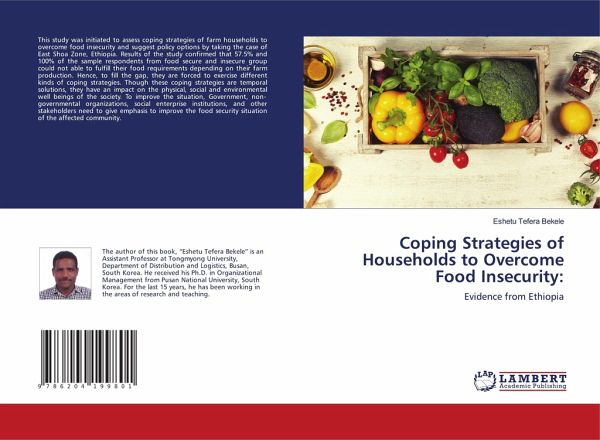
Coping Strategies of Households to Overcome Food Insecurity:
Evidence from Ethiopia
Versandkostenfrei!
Versandfertig in 6-10 Tagen
27,99 €
inkl. MwSt.

PAYBACK Punkte
14 °P sammeln!
This study was initiated to assess coping strategies of farm households to overcome food insecurity and suggest policy options by taking the case of East Shoa Zone, Ethiopia. Results of the study confirmed that 57.5% and 100% of the sample respondents from food secure and insecure group could not able to fulfill their food requirements depending on their farm production. Hence, to fill the gap, they are forced to exercise different kinds of coping strategies. Though these coping strategies are temporal solutions, they have an impact on the physical, social and environmental well beings of the ...
This study was initiated to assess coping strategies of farm households to overcome food insecurity and suggest policy options by taking the case of East Shoa Zone, Ethiopia. Results of the study confirmed that 57.5% and 100% of the sample respondents from food secure and insecure group could not able to fulfill their food requirements depending on their farm production. Hence, to fill the gap, they are forced to exercise different kinds of coping strategies. Though these coping strategies are temporal solutions, they have an impact on the physical, social and environmental well beings of the society. To improve the situation, Government, non-governmental organizations, social enterprise institutions, and other stakeholders need to give emphasis to improve the food security situation of the affected community.



